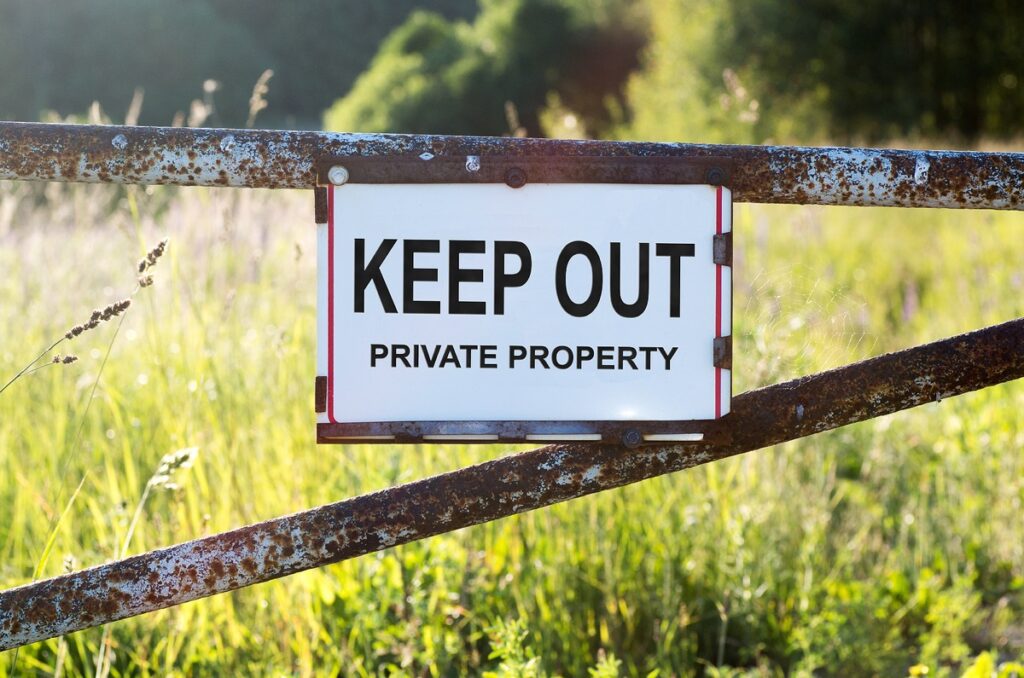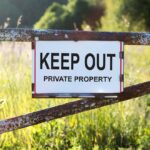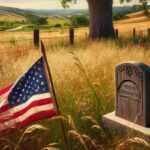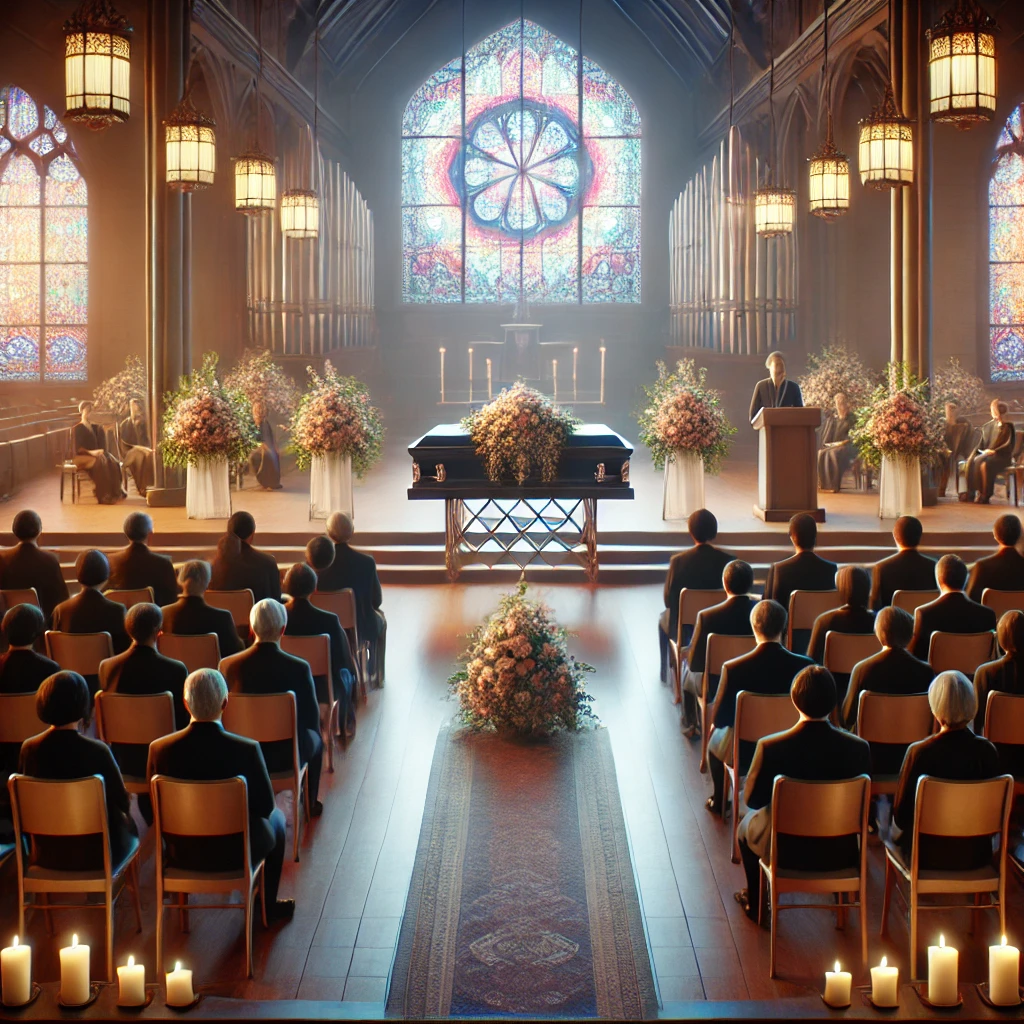Private land burials, while not common in modern times, are still of interest to some families looking for a more personal or meaningful final resting place. However, the legality and regulations surrounding private burials vary greatly across Canada, depending on provincial, municipal, and environmental laws. This guide will provide an overview of the considerations for private burials in Canada, broken down by province, as well as practical steps to help you navigate the process.
For a U.S. version of this article click here
Legal Considerations by Province
In Canada, burial regulations are primarily controlled at the provincial and municipal levels, and laws can differ significantly from one province to another. In general, private land burials are more likely to be allowed in rural areas, though zoning laws and environmental concerns often play a big role in the approval process.
Here is a quick overview of private burial laws by province:
| Province/Territory | Private Burial Allowed? | Key Requirements | Who to Contact |
|---|---|---|---|
| British Columbia | Yes, with restrictions | Zoning approval, permits, environmental assessments | BC Vital Statistics Agency |
| Alberta | Yes, rural areas | Zoning permits, funeral director may be required | Alberta Funeral Services Regulatory Board |
| Saskatchewan | Yes, rural/agricultural | Zoning approval, must meet cemetery regulations | Saskatchewan Ministry of Health |
| Manitoba | Yes, varies by municipality | Zoning permits and environmental considerations | Manitoba Municipal Relations |
| Ontario | Yes, with restrictions | Municipal approval, zoning, may need environmental review | Bereavement Authority of Ontario |
| Quebec | Yes, with written permission | Health ministry approval, strict guidelines | Retraite Québec |
| Nova Scotia | Yes, with restrictions | Zoning approval and burial permits required | Service Nova Scotia |
| New Brunswick | Yes, with restrictions | Zoning approval and municipal permits required | Vital Statistics New Brunswick |
| Prince Edward Island | Yes, rural areas | Zoning approval and permits required | Government of PEI Vital Statistics |
| Newfoundland & Labrador | Yes, rural areas | Municipal approval, environmental considerations | Government of Newfoundland and Labrador |
| Yukon | Yes, rural areas | Minimal zoning restrictions, local government approval | Government of Yukon |
| Northwest Territories | Yes, rural areas | Local zoning approval required | Northwest Territories Municipal Affairs |
| Nunavut | Yes, rural areas | Local zoning approval required | Government of Nunavut |
Planning a Private Burial
When planning a private land burial, it’s important to follow a few key steps to ensure the process goes smoothly and legally.
First, you’ll need to select an appropriate site. The site should be far enough from water sources to avoid contamination and should ideally be in a rural area where zoning laws are more flexible. You can consult the Canadian Land Title Guide for information about the property in question.
Next, you must review the zoning laws for your area. Some properties may need to be rezoned to allow a burial, so check with your local zoning office to understand the requirements. Be prepared to file a rezoning application if necessary.
Environmental impact is another important consideration. Burials must not contaminate water sources or violate local environmental regulations. The Canadian Environmental Protection Act provides guidelines on how to ensure compliance.
In some provinces, the involvement of a licensed funeral director is required, particularly to handle the paperwork and legalities surrounding the death. The Funeral Service Association of Canada can help you locate a licensed funeral director in your area.
Health and Safety Considerations
In addition to zoning and environmental concerns, health and safety regulations must be considered. Some provinces have specific guidelines about how deep a body must be buried to prevent exposure or contamination, and burials must be a certain distance from wells, rivers, or lakes.
In terms of preparation, some provinces may require the body to be embalmed before burial, while others allow natural decomposition. Embalming can have environmental impacts, so it’s important to check the specific requirements for your province before proceeding.
Paperwork Needed
When planning a private burial, specific paperwork will be required. This typically includes:
- Burial Permits: These are issued by the local health or zoning authority and may require an inspection of the burial site.
- Land Deed Notation: In some provinces, you’ll need to officially record the burial on the property’s deed. This ensures that future owners are aware of the burial.
- Death Certificates: You must register the death and obtain a death certificate through your province’s vital statistics office.
Other legal documents may also be required, depending on your province’s regulations. Ensure you check with local authorities for a full list of necessary paperwork.
Maintenance of Burial Site
Once a burial has taken place, it’s important to consider the long-term maintenance of the site. Future property owners may need to be informed of the burial through deed notation. Additionally, some provinces require the burial site to be maintained as a private cemetery, which may involve additional legal obligations for care and upkeep.
Cultural and Indigenous Considerations
Certain Indigenous groups and cultures may have their own burial traditions, which should be respected and understood when considering private land burial. These practices may intersect with Canadian laws, particularly in areas where land rights are a factor. Families interested in following Indigenous traditions should consult local elders or cultural experts for guidance, along with legal professionals to ensure compliance with Canadian regulations.
Who Can Help with the Process?
Several professionals can help guide you through the process of planning a private burial:
- Funeral Directors: In some provinces, a licensed funeral director is required by law to handle certain aspects of the burial process. They can assist with the legal paperwork and coordination with local authorities. The Funeral Service Association of Canada is a good resource for finding a funeral director.
- Land Use and Zoning Experts: Local zoning offices or municipal planning departments can provide advice on whether your land qualifies for private burial. They’ll help ensure that all necessary permits and approvals are obtained.
- Lawyers Specializing in Estate Law: A legal expert can assist with drafting any necessary paperwork and ensure that the burial is properly recorded in property records. The Canadian Bar Association offers a directory to help find lawyers specializing in estate law.
- Environmental Consultants: In some areas, an environmental impact study may be required. Consultants can help you assess the land and avoid any potential legal issues with environmental regulations. You can find local consultants through the Canadian Environmental Consultants Directory.
- Provincial Vital Statistics Offices: Vital statistics offices in each province will guide you through the process of registering the death, obtaining death certificates, and any other paperwork needed. Statistics Canada provides a directory for each province’s office.
See also: Scattering ashes on private land







